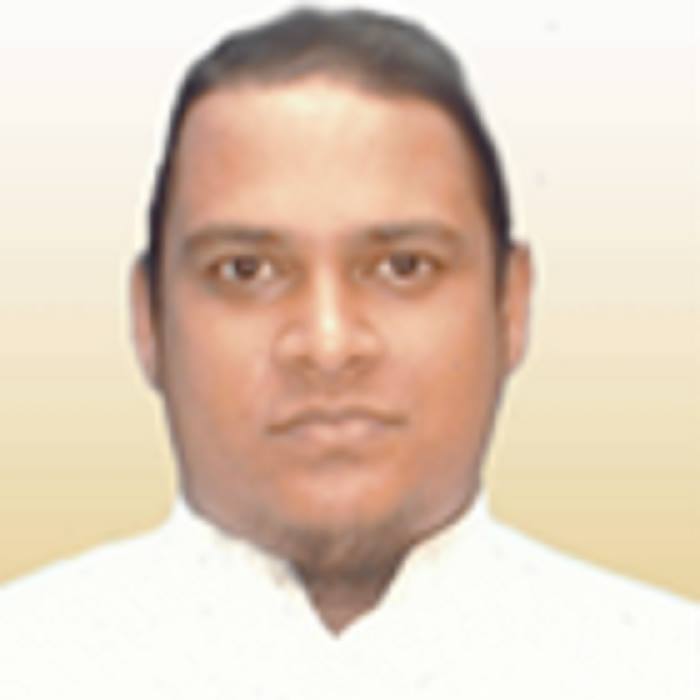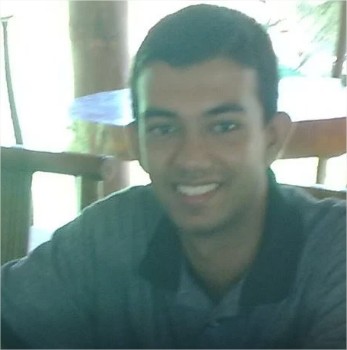
Are you at risk of developing Post-traumatic stress disorder? Know 6 risk factors.
Post-traumatic stress disorder (PTSD) is a mental health condition that’s triggered by a terrifying event. Either they may have experienced it or witnessed it.
Those events include violent assault, kidnapping, sexual assault, torture, being a hostage, prisoner of war or concentration camp victim,experiencing a disaster, violent automobile accidents or getting a diagnosis of a life-threatening illness or being a rescue worker.
“In war, there are no unwounded soldiers.”-Jose Narosky
According to US studies using DSM-IV criteria have reported a 1-month prevalence of PTSD of 1.2% for men and 2.7% for women (Stein et al 1997)
Many people who go through traumatic events have difficulty adjusting and coping for a while, but they don’t have PTSD with time and good self-care, they usually get better.
But if the symptoms get worse or last for months or even years and interfere with your functioning, you may have PTSD. But it is important to meet a doctor to confirm the diagnosis.
These patients will come with flashbacks, nightmares and severe anxiety, as well as uncontrollable thoughts about the event.
However this is treatable with medications and psychological treatments. People of all ages can have post-traumatic stress disorder. Some aetiology is identified and some individuals are more at risk to develop PTSD after a traumatic event.
- Gender: Women are twice as likely as men to develop PTSD
- Previous history of traumatic experiences in childhood (childhood abuse or neglect)
- Here the severity, duration, and proximity of an individual’s exposure to the traumatic event are the most important factors
- A personal and family history of psychiatric disorder: (blood) relatives with mental health problems, including PTSD or depression or you may be having other mental health problems, such as anxiety or depression.
- Low intelligence and certain personality traits (neurotism)
- Same or related personality variables may be also associated with attitudes and lifestyles which put the individual at greater risk of encountering traumatic events
- Job- Experiencing intense or long-lasting trauma/ frequent traumatic events (soldiers etc)
- Social status- Lacking a good support system of family and friends
Dr. Yapa Wijeratne
Recent Articles
using blogs as a portfolio
Using blogs as a portfolio
Blogs are a great way of expressing one’s self.
But ...
Read more5 Common causes for childhood convulsions
Child getting convulsion is a one instance where parents often get panic. Yes, it can indicates a...
Read moreAre you at risk of not getting air to your lungs during sleep?
For normal function of your body regardless of the sleep, your cells need oxygenated blood. That ...
Read moreWhy we need to add 5 vegetables & fruits for daily meal?
Adding more than 400g of vegetables & fruits per day to your meals, reduces the risk of cance...
Read moreWhen can I walk after a heart attack?
A heart attack or myocardial infarction is one of a leading killer of both men and women in the S...
Read more
Dr Rikaz Sheriff
MBBS PGCert MSc
Director, Western Hospital
Rikaz Sheriff is responsible for all aspects of innovation and strategy of health informatics solutions of LankaDoctor. Rikaz joined UniverSL Software after working for 5 years as a Senior Medical Officer at Western Hospital where he leads the business development unit with responsibility for marketing strategy, brand management, advertising, and consumer promotions.
He also serves as the chief coordinator for their kidney transplant programme. Rikaz is a life member of the Sri Lanka Medical Association and the Health Informatics Society of Sri Lanka. Rikaz holds a MBBS degree from Baqai University (Pakistan) and a Master's degree in Biomedical Informatics from the Post Graduate Institute of Medicine, University of Colombo. He also works as the Provincial Health Informatician for the Department of Health Services, Western Province.

Dr. Yapa Wijeratne
MBBS University of Perdeniya.
Medical Officer, Mawanella Hospital.
Yapa entered Faculty of Medicine in 2008, following a successful career at the Dharmaraja College, Kandy. While continuing his undergraduate career, he joined UniverSL Software. He completed his MBBS degree from University of Peradeniya & worked as a Temporary lecturer at Department of Basic sciences, Faculty of Dental Sciences, University of Peradeniya. After completing his internship, he is still working at Teaching Hospital Peradeniya.




